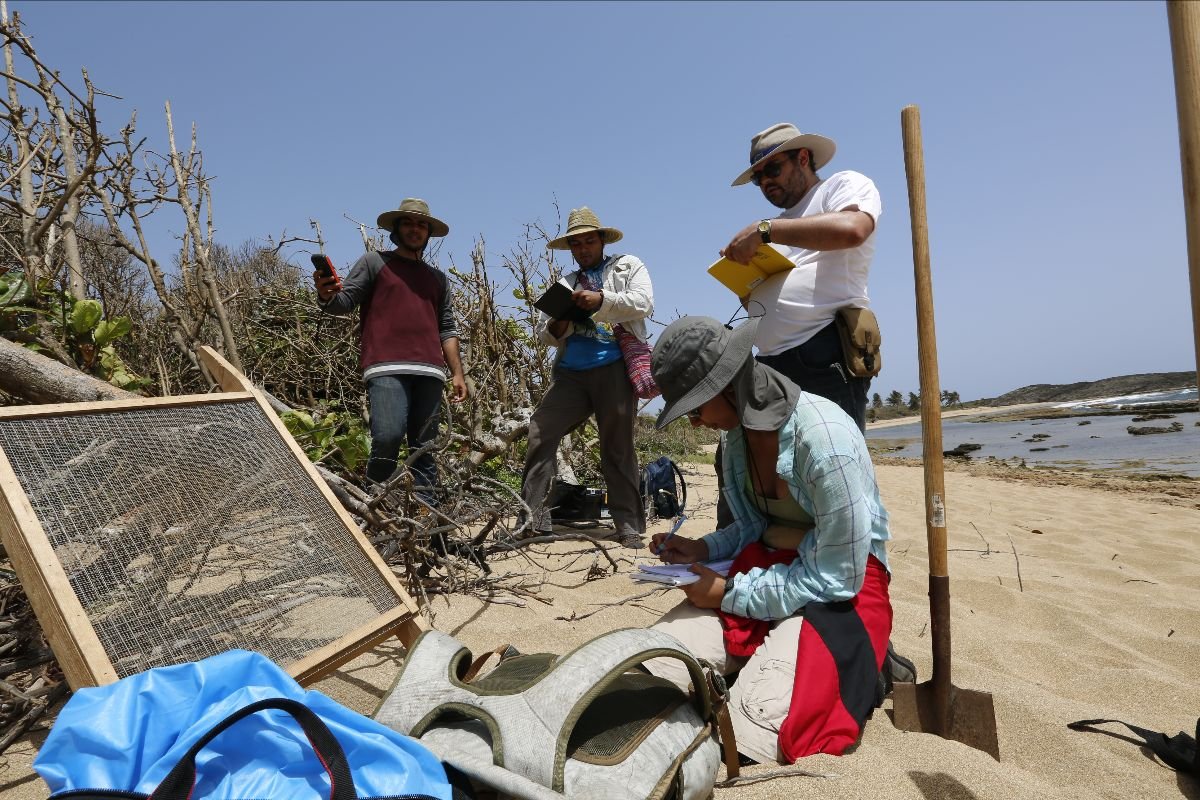Culture and Climate at the 2021 G20
The Italian Ministry of Culture has announced the final programme for groundbreaking webinars on 12 and 13 April that mark the first time that the topic of culture and climate change will be featured at the G20. Formed in 1999, the G20 is a group of twenty nations representing the world’s largest economies that meets regularly to coordinate global policy on trade and other issues. Collectively G20 members account for 78 per cent of total GHG emissions. #ClimateHeritage issues are addressed in the G20 culture workstream under the theme ‘Addressing the Climate Crisis Through Culture,’ and also figure prominently in a second workstream theme entitled ”Building Capacity Through Training and Education.’ The Climate Heritage Network is proud to have contributed to the development of sessions at both webinars that hold the promise of boosting ambition across the globe to realise the potential of cultural-based solutions to the climate emergency. Links to the full programme and information about how to live-stream the webinars can be found below.
Intersection of Cultural Heritage and Climate Change Featured at Key Multi-National Meeting
Italy, which holds the Presidency of the 2021 G20, has planned the first ever meeting of culture ministers from G20 countries for 29-30 July in Rome (rescheduled from May). Priority areas for the meeting and its related workstream include ‘Addressing the Climate crisis trough culture,’ as well as illicit trafficking of cultural property and building capacity through training and education. During the week of 12 April, two virtual, preparatory webinars have been organised by the Italian Ministry of Culture to collect proposals and reflections to feed the culture and climate change discussion at the July ministerial. A third G20 culture webinar on 9 April looks at the protection of cultural heritage and the fight against illicit trafficking.
Preserving Cultural Heritage, Supporting the Green Transition
April 12 Webinar: First-Ever G20 #ClimateHeritage Programme
The G20 turns its attention to culture and climate change on 12 April with a webinar entitled Preserving Cultural Heritage, Supporting the Green Transition. This groundbreaking event marks the first time that cultural heritage and climate change will be the subject of a G20 programme. The webinar will run from 12h to 17h CEST (Rome time) and will be live-streamed via YouTube.
The webinar will be attended by experts, scholars, and operators from G20 and other countries around the world. Questions addressed will include:
How can cooperation help heritage institutions to be better prepared and respond in case of an emergency?
What lesson can we learn from diverse risk management approaches?
How can culture and heritage drive climate ambition and action?
How to ensure a better representation of culture and cultural heritage in the climate change discourse and policy?
How to make the best use of the opportunities offered by new technologies for risk prevention and management?
This webinar aims to provide policymakers of G20 countries with the latest evidence to define clear policy objectives and to jointly pursue them through coordinated action. The findings of the webinar will inform the Declaration of G20 Ministers of Culture and will set the scene for further cooperation of G20 countries on these issues.
CHN members participating in the webinar include Adam Markham, Union of Concerned Scientists; Johanna Leissner, Fraunhofer Institute; Julian Bickersteth, International Institute for Conservation of Historic and Artistic Works (IIC); Stacy Vallis, ICOMOS; May Cassar, University College London; Mauro Gabriel Garcia Santa Cruz, Iniciativa Patrimonio y Cambio Climático and Universidad Católica de La Plata; Sneška Quaedvlieg-Mihailović, Europa Nostra; Glen MacDonald, University of California Los Angeles and National Trust for Canada; Sara Crofts, Icon -the Institute of Conservation; Élodie Héberlé, CREBA, the French resource center for the energy retrofit of heritage buildings; and Hannah Fluck, Historic England. ICOMOS’s Andrew Potts, coordinator of the CHN Secretariat, will chair a session at the webinar entitled ‘Culture-Based Solutions Driving Climate Action.’
Review the full programme for the 12 April webinar here.
(Photo credit: Fabio Esteban Amador, 2018 Borikua students observe their sand dunes to remember and better understand how their ancestors lived in the coastal landscape of Manatí, Borikén in Puerto Rico.)
Human Capital – The Driver of Culture-led Regeneration
April 13 Webinar Looks at Building Climate Change Capacity Through Culture and Heritage
The crucial role that culture-related knowledge and skills production and acquisition play in local socio-economic development will be explored at a webinar entitled ‘Human Capital – The Driver of Culture-led Regeneration.’ This webinar is being held on 13 April from 12h to 16h40 CEST (Rome time). It is another in a series of webinars being held within the framework of the 2021 G20 culture work stream, which includes priority areas on ‘Building Capacity Through Training and Education’ as well as on climate change and culture.
Cultural heritage professionals are increasingly asked to work in a multi-disciplinary environment. This has special implications in light of the climate crisis, which demands new multi-disciplinary approaches in areas such as heritage documentation, disaster risk reduction, vulnerability assessment, conservation, education and training as well as in the ways heritage sites are presented to visitors.
This intersection of climate change, sustainable development, culture and capacity building will be specifically addressed during Session 2 of the 13 April webinar, which runs from 13h15 to 14h15 CEST. This session will be co-chaired by Ewan Hyslop, Historic Environment Scotland and Julianne Polanco, California Office of Historic Preservation. Ewan and Juli are also Co-Chairs of the Climate Heritage Network. Albino Jopela, Head of Programmes African World Heritage Fund, and CHN Co-Chair for Africa and the Arab States, will present on the CVI Africa project. The CHN is helping to execute this project along with partners around the world. Alison Tickell of Julie’s Bicycle, another CHN member, will also present in the 13 April session.
As with the other G20 culture work stream webinars, the programme aims to provide policymakers of G20 countries with the latest evidence to define clear policy objectives and to jointly pursue them through coordinated action. The objective of the webinar is to single out common points for policy design and action for consideration by G20 countries in the relevant fora.
Review the full programme for the 13 April webinar here.
What Can We Expect from the G20?
CHN Pushes G20 Cultural Authorities to Lead on Climate Action
The Climate Heritage Network has been actively working through its members in G20 countries to secure a strong commitment from G20 Culture Ministers for leadership to realise the potential of arts, culture and heritage to drive just transitions to low carbon, climate resilient futures — and for increased efforts to safeguard culture and heritage from the impacts of climate change.
The creation of a permanent working group or other mechanism among G20 culture ministries (and analogous cultural authorities) for the systematic exchange of strategies and experiences aimed at culture-based climate action would be a valuable first step towards increased visibility, leadership and effectiveness.
Cultural dimensions are consistently missing from national climate planning across the G20, and this includes both adaptation frameworks and decarbonisation pathways. G20 culture ministers should commit to championing better representation of the cultural dimensions of climate change in their nations’ climate change planning and policy.
The upcoming 2021 UN Climate Conference (COP26) being held in the UK in November, as well as the Pre-COP26 which, like the G20, is being hosted by Italy, present opportunities to accelerate climate action. G20 culture ministers, via their G20 ministerial Declaration and other avenues, must not miss this chance to sound the alarm about the threat to culture and heritage posed by climate inaction and to boldly represent the aspirations of arts, culture and heritage advocates around the world to use their talents to help tackle the climate emergency.




